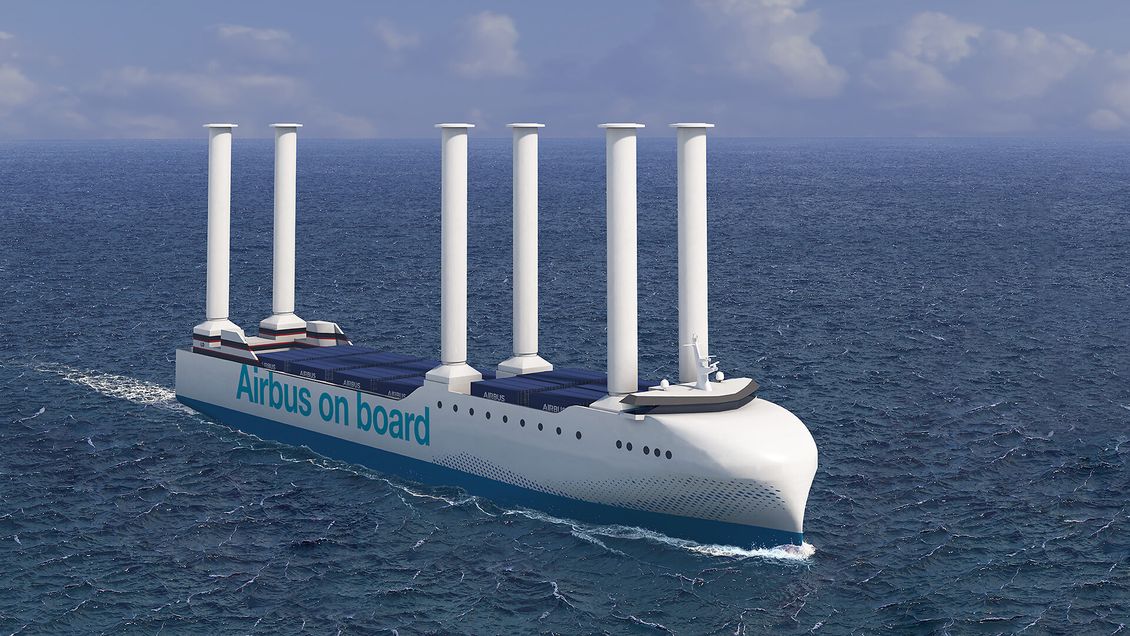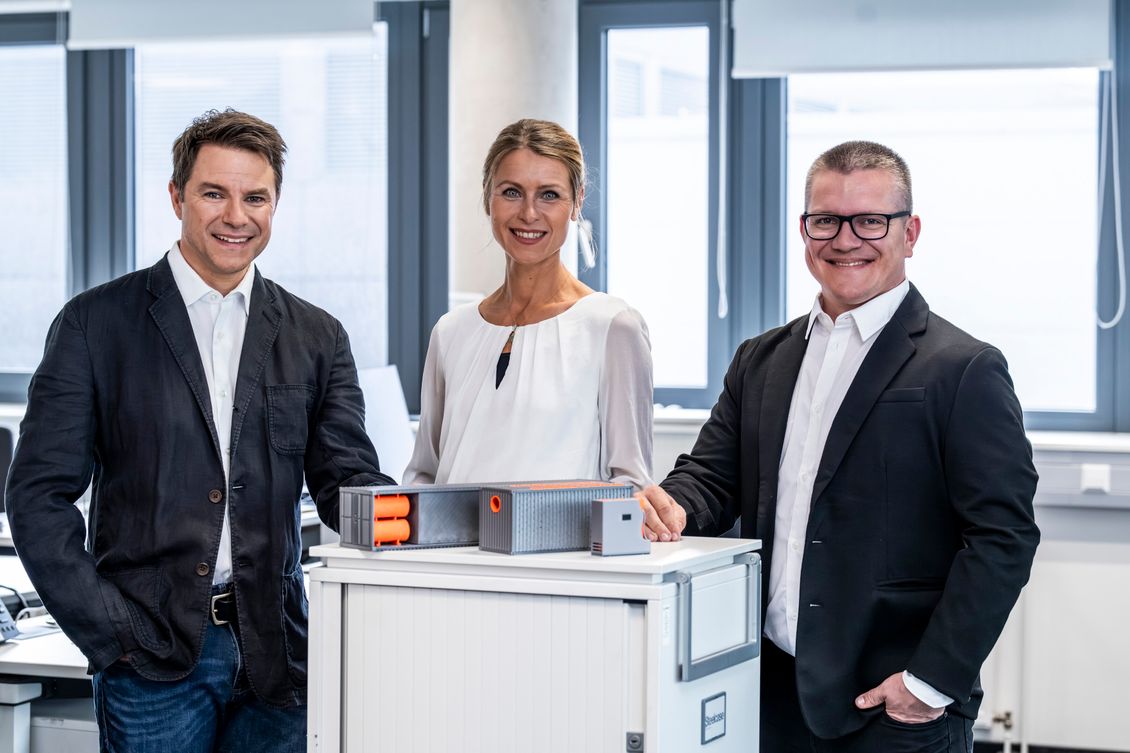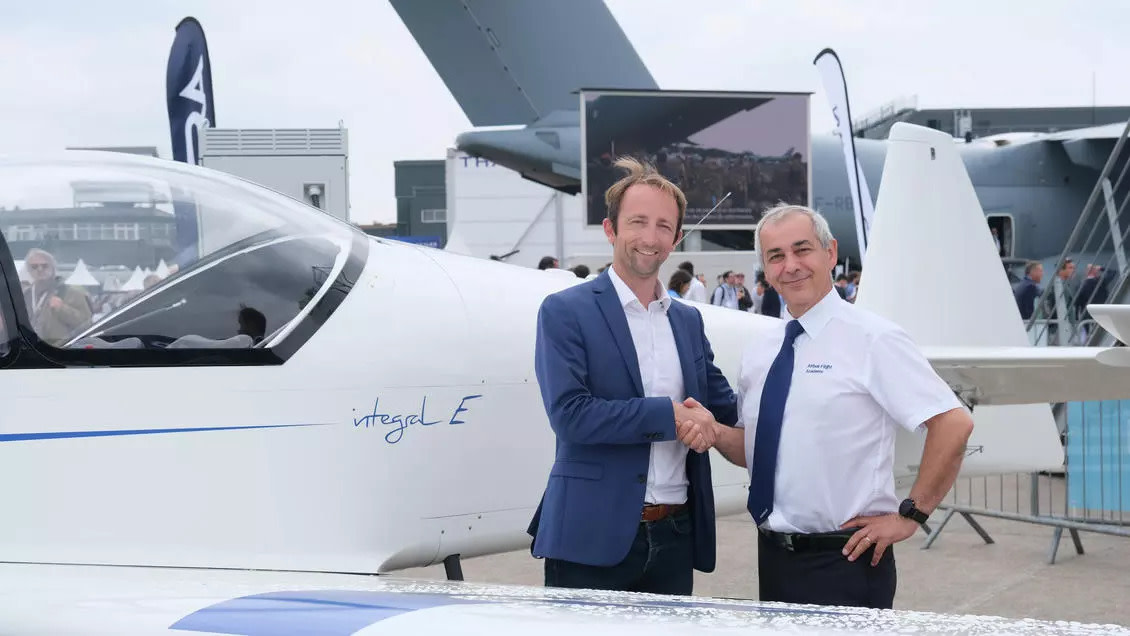Hydrogen-Powered In-Flight Aux Power: Airbus Trials
Airbus SE

Airbus UpNext has launched an exciting new programme aimed at investigating a groundbreaking architecture for generating non-propulsive energy using hydrogen fuel cells. This initiative will involve both ground-based and in-flight exploration of this innovative technology.
In traditional commercial aircraft, the Auxiliary Power Unit (APU) is a small additional engine that runs on conventional jet fuel. Together with the main engines, the APU powers various non-propulsive functions of the aircraft, including air conditioning, onboard lighting, and electrical systems for avionics.
To advance this technology, Airbus UpNext, operating from its facilities in Spain, plans to replace the current APU on an A330 aircraft with a cutting-edge hydrogen fuel cell system called HyPower. This system will effectively generate electricity while also aiming to reduce CO2 emissions, nitrogen oxides (NOx), and noise levels typically associated with conventional APUs.
The development of new design features and integration techniques will significantly enhance the safety and operational aspects of future hydrogen-powered aircraft. Moreover, the hydrogen fuel cell demonstrator, HyPower, will showcase the stable operation of a fuel cell in-flight, including its ability to restart during flight interruptions.
Michael Augello, CEO of Airbus UpNext, expressed his enthusiasm for this endeavour, stating, "These tests will mark a pivotal moment in our journey towards decarbonisation and the ZEROe programme. We have set ambitious goals for the flight demonstration, which is scheduled to take place by the end of 2025.
"We aim to demonstrate the feasibility and seamless integration of the system, including the refuelling process with hydrogen. Realistic conditions will be simulated, with the aircraft climbing to 25,000 ft and flying for one hour while carrying 10kg of gaseous hydrogen on board. However, we recognise that collaboration with the Spanish Government and external partners is crucial to the success of this series of tests."
The flight test campaign will involve modifying an Airbus A330 aircraft as well as conducting ground tests of the system. Airbus UpNext will acquire a production unit for renewable hydrogen to meet the entire fuel requirement for the test campaign.
For additional information on Airbus UpNext, please click here.
To view and compare company ESG Ratings and Sustainability Reports across sectors, follow our Company ESG Profiles page.
Source: Airbus






